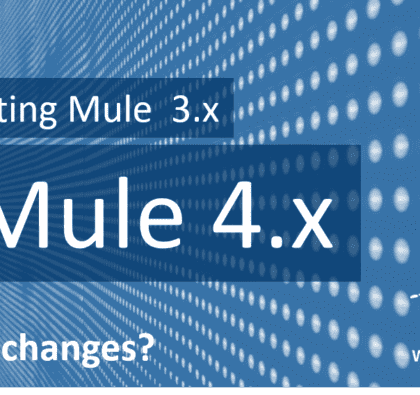
What changes in Mule 4?
In this blog we go a step further, listing the main differences and advantages of Mule 4 compared to previous versions.

In this blog we go a step further, listing the main differences and advantages of Mule 4 compared to previous versions.

Custom policy is the most flexible way to inject logic to your MuleSoft application and it can apply the logic before or after your actual API.

On the 27th of April we hosted the 6th MuleSoft Hyderabad Meetup, titled From Docker to Big Data, it’s all about the Mule! First to present was our guest speaker Shashidhar Gurumurthy, […]
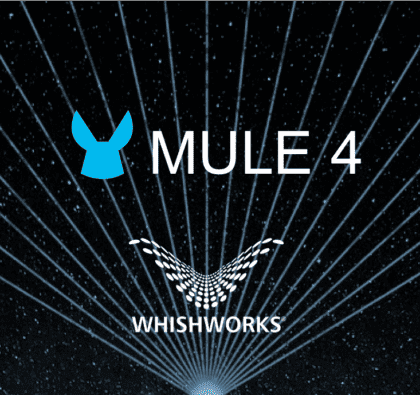
We are extremely pleased to announce the successful completion of our first UK implementation of Mule 4, the latest and most advanced runtime engine of MuleSoft’s Anypoint Platform. Over the last […]
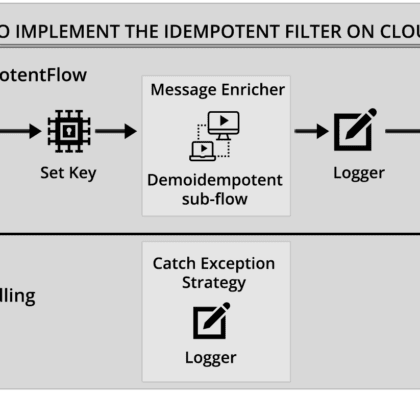
The Idempotent Filter is an important message filter in the Mule platform, ensuring that only unique messages are received by a service by checking the unique ID of the incoming […]
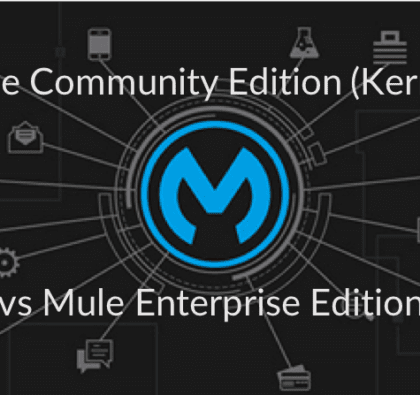
In this blog we provide a high level view of what is supported within each subscription tier and the main differences with MuleSoft’s Community Edition (recently renamed to Mule Kernel).
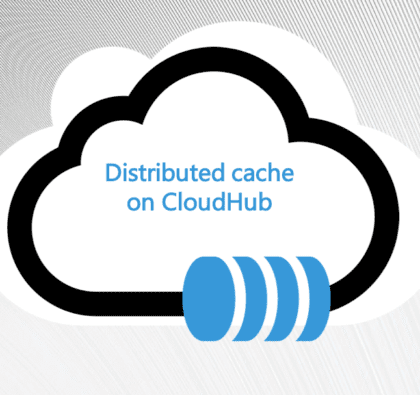
As API usage is growing day by day, we are experiencing more load on the CloudHub workers resulting in performance issues. To achieve the same load and resolve the performance bottleneck on a smaller number of vCores in CloudHub, Mule has Cache Scope which saves time and processing load.

A couple of weeks ago we held our first MuleSoft Meetup in Hyderabad India, aiming to share what’s new with the latest release of Anypoint Platform. With us were Sourabh […]

In this blog, we provide the main steps to encrypt and decrypt sensitive data with Anypoint Studio 7 in Mule 4, using password tokenisation as an example. At the end, there is also a brief outline on how to use different encryption algorithms.

To enable MuleSoft customers access Microsoft Azure Storage, WHISHWORKS has developed the Anypoint Azure Storage Connector for Mule 4.
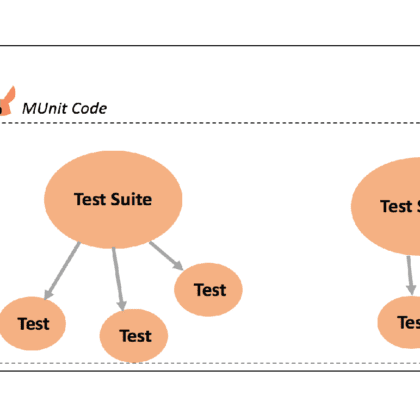
Learn how to easily build automated tests for your integrations and APIs using the MUnit 2 testing framework for MuleSoft Anypoint Platform.
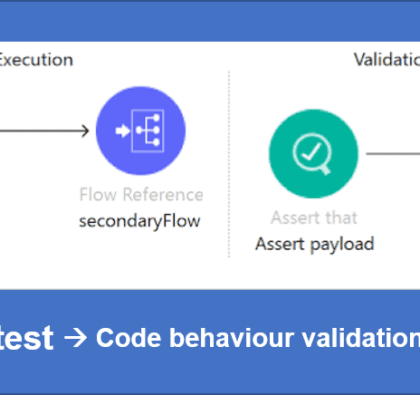
This example takes you through the process of creating a series of MUnit 2 tests, which are aimed at validating the behaviour of a simple code sample.